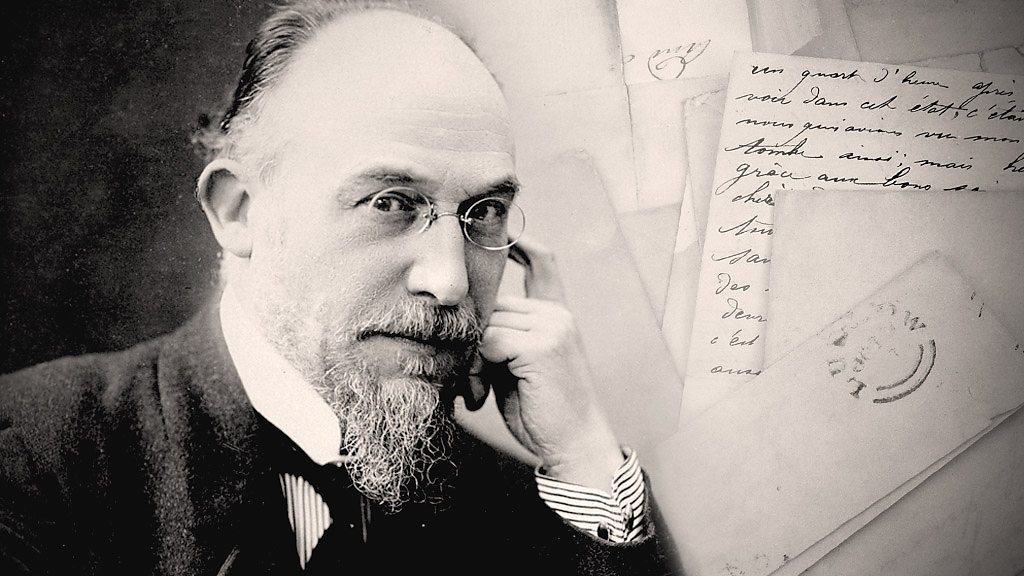Beemer
Active member
Can stradella bass be satisfactorily used for amateur classical music, or is a free bass accordion necessary?
Of course, yes. Take a look at this example (Weltmeister Supita 120-stradella bass):Can stradella bass be satisfactorily used for amateur classical music
Free bass significantly facilitates the playing of classic works. However, its use is not "mandatory" in such cases. I also saw and heard musicians who had big and expensive instruments with melodic bass and played uninterestingly and "without a soul". If I like something, I follow the rule: Simply try to play it... And either I succeed or I don't. Regardless of the bass manual ...or is a free bass accordion necessary?
Hi Beemer,
Of course, yes. Take a look at this example (Weltmeister Supita 120-stradella bass):
A good musician can do wonders even with a standard bass. It's all up to the person and how he arranges the work. However, Stradella bass requires a thought-out interpretation strategy. It is also important to have a sufficient number of suitable bass registers = suitable sound combinations in the stradella bass.
Free bass significantly facilitates the playing of classic works. However, its use is not "mandatory" in such cases. I also saw and heard musicians who had big and expensive instruments with melodic bass and played uninterestingly and "without a soul". If I like something, I follow the rule: Simply try to play it... And either I succeed or I don't. Regardless of the bass manual ...
Best regards,
Vladimir
Hi Beemer,
Of course, yes. Take a look at this example (Weltmeister Supita 120-stradella bass):
A good musician can do wonders even with a standard bass. It's all up to the person and how he arranges the work. However, Stradella bass requires a thought-out interpretation strategy. It is also important to have a sufficient number of suitable bass registers = suitable sound combinations in the stradella bass.
Free bass significantly facilitates the playing of classic works. However, its use is not "mandatory" in such cases. I also saw and heard musicians who had big and expensive instruments with melodic bass and played uninterestingly and "without a soul". If I like something, I follow the rule: Simply try to play it... And either I succeed or I don't. Regardless of the bass manual ...
Best regards,
Vladimir
Satie's Gymnopedies and Gnossiennes are easy to pull off and sound great on stradella accordion. Also, plenty of "light" classical pieces like Khachaturian's Masquerade Waltz or Shostakovich's waltz from "Jazz" Suite No. 2 can be done without much compromise.Can stradella bass be satisfactorily used for amateur classical music, or is a free b accordion necessary?
Very impressive. I've attempted the C minor prelude on stradella (though never got it up to the furious tempo demanded) but I would not have thought the fugue possible. For what it's worth, here's my own, far less impressive rendition of the much simpler prelude in C.
Thanks! It just requires moving a few of the left hand notes to the right hand and some fast switching of the bass registers. Also, I used the LM register in the right hand, as that blended the best with the bass notes and sounded the least like two different instruments.Ive always wanted to hear this beautiful piece played on accordion. Great job!
Satie's Gymnopedies and Gnossiennes are easy to pull off and sound great on stradella accordion.

Here's my "short" list of many pieces where (I believe) justice can be done with the stradella bass accordion:Can stradella bass be satisfactorily used for amateur classical music, or is a free bass accordion necessary?
The more I try the more pieces I find are possible to play using Stradella bass accordion. Also finding many impossible to do justice to. Sometimes the right hand has to do extra duty, and the bass has to fake counterpoint using the chords. The bass line is usually important. triplet chords can be faked using bellows shake, for example and other tricks, finding new interpretations, and ways to fake orchestral soundsCan stradella bass be satisfactorily used for amateur classical music, or is a free bass accordion necessary?
